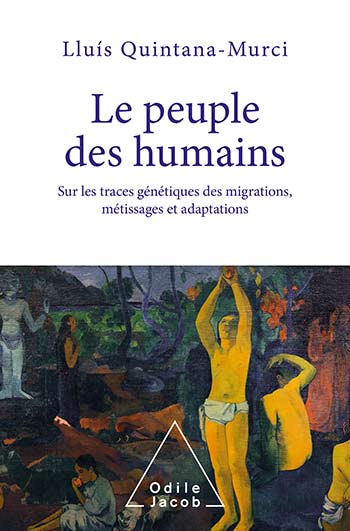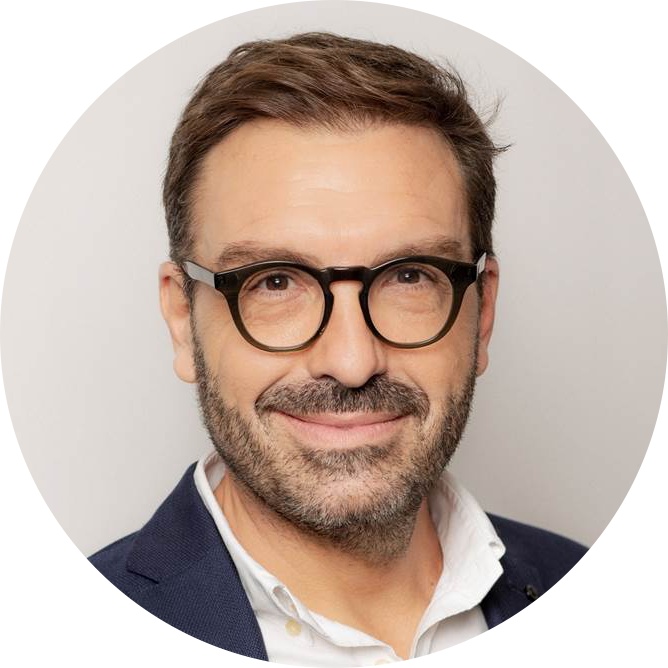
October 15, 2021
Bulletin interne de l'Institut Pasteur


Publication of the book Le Peuple des humains: sur les traces génétiques des migrations, métissages et adaptations by Lluis Quintana-Murci
 Lluis Quintana-Murci, Head of the Human Evolutionary Genetics Unit at the Institut Pasteur and a Professor at the Collège de France, where he holds the Human Genomics and Evolution Chair, has a new book out this month, published by Odile Jacob.
Lluis Quintana-Murci, Head of the Human Evolutionary Genetics Unit at the Institut Pasteur and a Professor at the Collège de France, where he holds the Human Genomics and Evolution Chair, has a new book out this month, published by Odile Jacob.
Where do we come from? What are we? Where are we going? This book addresses these universal questions.
In his book, Lluis Quintana-Murci invites us to join him for an epic journey through time and space as we seek to find out more about our origins and our destiny.
He makes use of the powerful tools offered by the latest scientific advances to unravel our genomes and explore their diversity across human populations – not just those living today but also those of the past, thanks to fossil remains.
He traces the extraordinary history of human settlement across the world, from the moment when humans left Africa more than 60,000 years ago to the settlement of Polynesia just a few millennia ago.
He ascertains the existence of extinct human species and reveals how human populations have constantly admixed, both among themselves and with archaic humans such as Neanderthals. We are all a mixture.
Lluis Quintana-Murci shows that it is this very admixture, including with archaic humans, that has played a part in humans' survival, especially when confronted with pathogens such as viruses. But the part of Neanderthal heritage in us can sometimes also be harmful – and can even weaken our immunity to COVID-19!
 "For me, this book is a summary of the past 30 years of research in human genomics, especially the research that my team has been carrying out at the Institut Pasteur for 22 years now.
"For me, this book is a summary of the past 30 years of research in human genomics, especially the research that my team has been carrying out at the Institut Pasteur for 22 years now.
One of the main messages of the book is that admixture, whether among human populations or with other human forms that are now extinct (such as Neanderthals), has significantly accelerated the adaptation of our species to infectious agents, especially viruses. By studying the diversity of our genomes, we can find the answers to crucial questions in the fields of anthropology, evolutionary biology and also human health. A key conclusion of the book is that without diversity, without difference, there can be no evolution and no progress!"